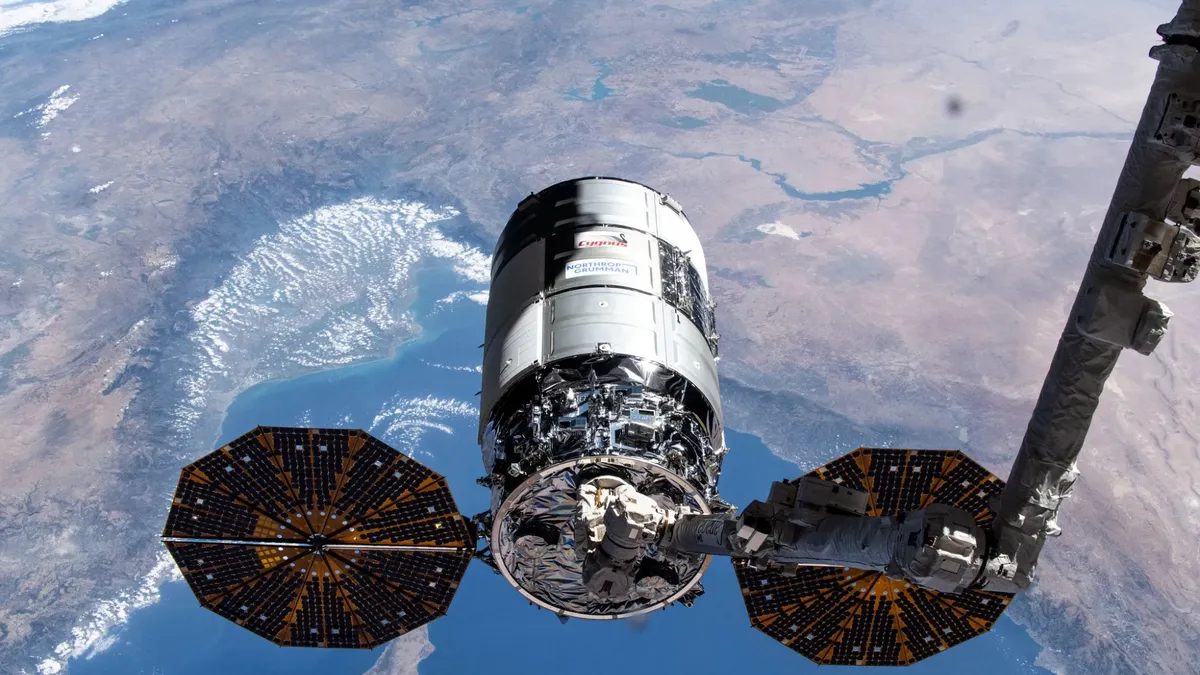
The debut mission of Northrop Grumman's new Cygnus XL cargo spacecraft faced unexpected challenges shortly after its launch. On September 16, 2023, just two days post-launch on a SpaceX Falcon 9 rocket, the spacecraft experienced a significant thruster issue while in orbit. This complication has delayed the Cygnus XL's scheduled arrival at the International Space Station (ISS), which was initially set for September 17.
According to NASA officials, the Cygnus XL encountered problems during two orbital burns intended to elevate its trajectory for docking with the ISS. Specifically, the main engine ceased operation earlier than expected. This disruption has prompted NASA to reassess the new arrival date and time for the spacecraft, which is critical for delivering essential supplies to the ISS.
The primary objective of the Cygnus XL mission, designated as NG-23, is to transport approximately 11,000 pounds of scientific investigations and vital cargo to the ISS. These supplies are crucial for ongoing research and experiments conducted in the unique environment of space. Despite the recent thruster issue, NASA reassured the public that all other systems aboard the Cygnus XL are functioning normally.
The Cygnus XL is the latest iteration of Northrop Grumman's innovative cargo spacecraft, which is designed to support NASA's missions to the ISS. Previous versions of the Cygnus freighter successfully transported about 8,500 pounds (or 3,856 kg) of cargo to the space station. It's worth noting that this mission marks the 23rd planned cargo flight for Northrop Grumman, although the previous attempt, known as NG-22, was canceled following damage incurred during transport to the launch site.
The Cygnus spacecraft is one of three vital cargo vehicles responsible for resupplying the ISS. Alongside Northrop Grumman's Cygnus, SpaceX's Dragon capsule and Russia's Progress vehicle play crucial roles in delivering supplies and equipment to the orbiting laboratory. As space exploration continues to evolve, the reliability and efficiency of these cargo missions remain paramount to the success of scientific endeavors in low Earth orbit.
As the situation develops, NASA will provide updates regarding the new timeline for the Cygnus XL's arrival at the ISS. The agency remains committed to ensuring that the mission's objectives are ultimately met, despite the current setbacks.